Understanding Industrial Automation Controllers
Industrial automation controllers are pivotal components in modern manufacturing and production industries. These devices serve as the brain of an automation system, orchestrating the machinery and processes that drive efficiency and productivity. With a diverse array of applications, from assembly lines to robotic systems, industrial automation controllers adapt to various operational demands, ensuring seamless integration and control.
Types and Applications
The landscape of industrial automation and control is rich with specialized equipment tailored to specific tasks. Among these, automation PLC (Programmable Logic Controllers) and PAC (Programmable Automation Controllers) are prominent for their adaptability and robustness in complex automation tasks. These controllers are employed in sectors ranging from automotive to food processing, where precision and reliability are paramount. Additionally, industrial PLC controllers are integral in applications requiring high-speed responses, such as packaging or sorting operations.
Features and Materials
The construction of an industrial automation controller is designed to withstand the rigors of industrial environments. Typically housed in durable plastic or metal enclosures, these controllers offer protection against dust, moisture, and mechanical impact. Features may include user-friendly interfaces, such as touchscreens or keypads, facilitating human-machine interaction. Moreover, the internal architecture of these controllers is designed for scalability, allowing for expansion or upgrades as process requirements evolve.
Advantages of Automation Controllers
Incorporating industrial automation and control systems into operations can significantly enhance efficiency and accuracy. These systems reduce the potential for human error and ensure consistent quality. Furthermore, automation controllers can lead to cost savings by optimizing energy consumption and minimizing waste. Their ability to monitor and adjust to process variables in real-time translates into improved productivity and operational flexibility.
Choosing the Right Controller
Selecting the appropriate industrial automation controller involves considering the specific needs of the application. Factors such as processing power, input/output requirements, and communication protocols are critical. Manufacturers and suppliers on platforms like Alibaba.com offer a spectrum of options, from simple relay-based controllers to sophisticated PLC industrial automation systems. It is essential to assess the compatibility of the controller with existing industrial systems and machinery to ensure a smooth integration.
Compliance and Standards
Reliability and safety are non-negotiable in industrial settings, which is why industrial automation controllers must adhere to stringent standards. Compliance with international and industry-specific regulations ensures that these devices can be trusted to perform under critical conditions. Manufacturers and PLC controllers manufacturers often provide documentation and support to demonstrate compliance with such standards, facilitating the decision-making process for businesses seeking to implement or upgrade their automation systems.










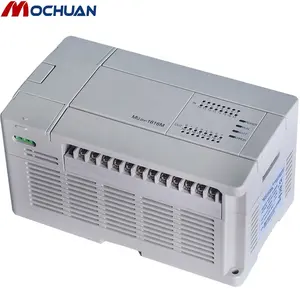
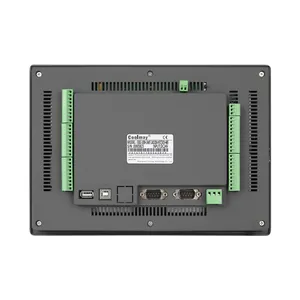
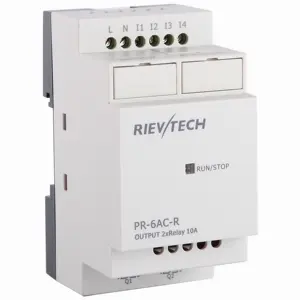
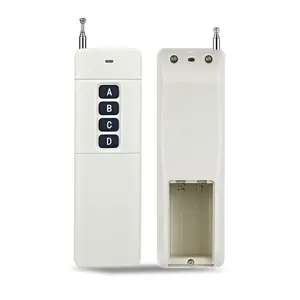
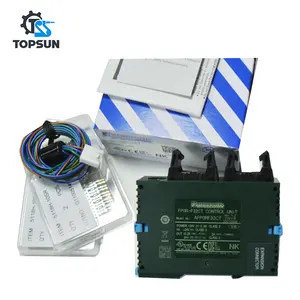
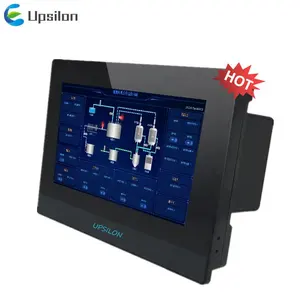






















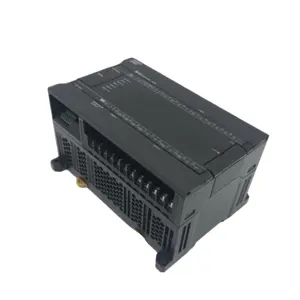



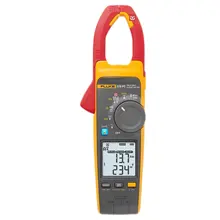
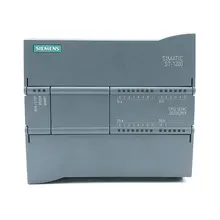




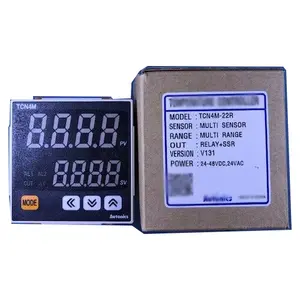



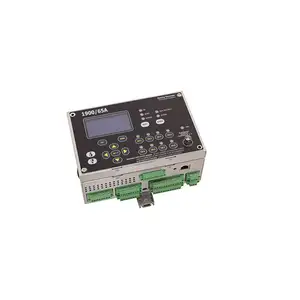




















 浙公网安备 33010002000092号
浙公网安备 33010002000092号 浙B2-20120091-4
浙B2-20120091-4